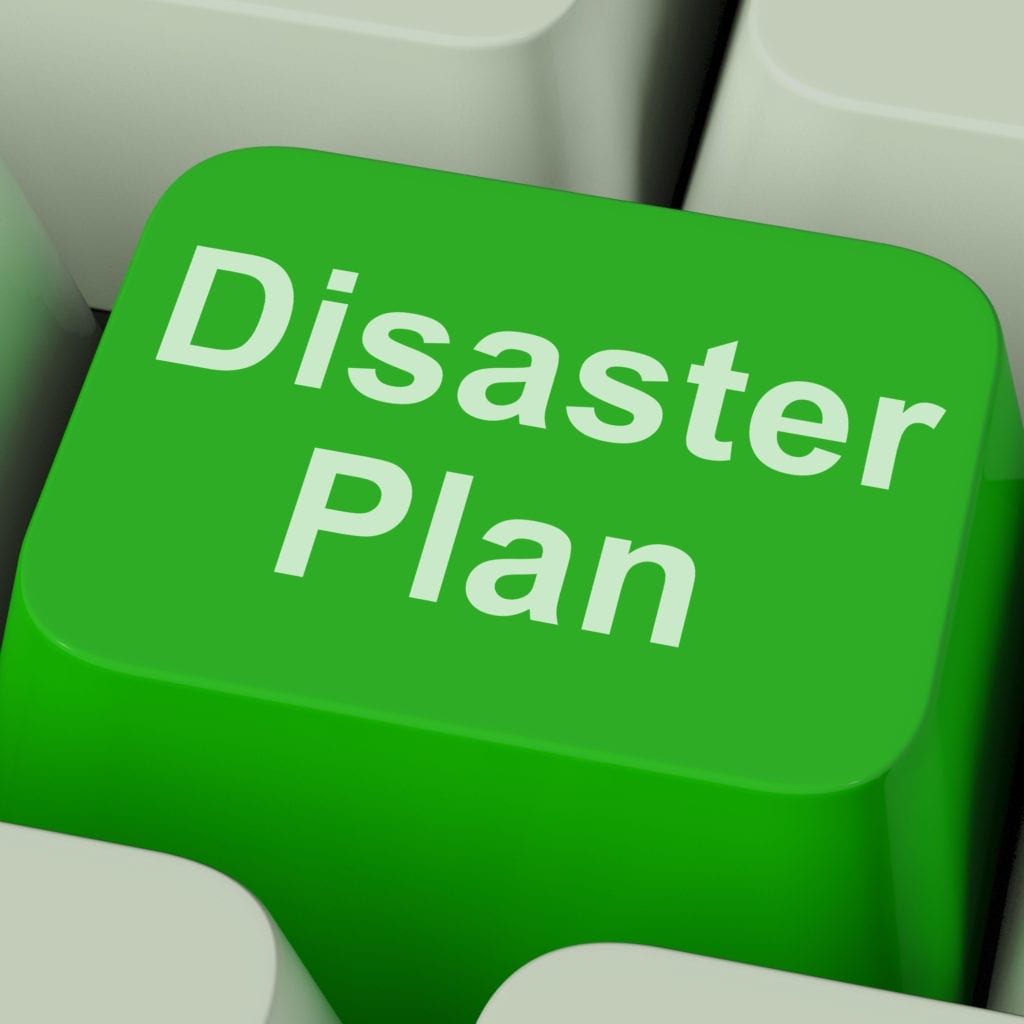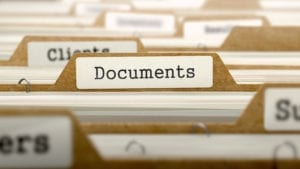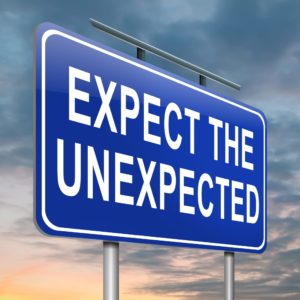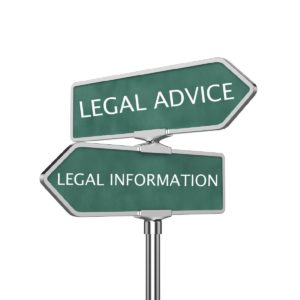Imagine this: After a long, but successful week, you lock up your law office and head home for a relaxing weekend. On Sunday afternoon, you receive a call and learn that somehow a fire was started in or near your building and half your office was ravaged by a fire. The other half is still there, but completely soaked in the water used to put out the fire.
You have multiple client meetings, hearings, and a trial in the next few weeks. Will you be ready?
Disasters can affect many people or just your firm. They can be natural like tornadoes, floods, hurricanes, or man-made like fires, terrorist attacks, electricity grid failings.
They can be technology-related (server crash, hacking), personnel-related (death, disability, or sudden departure of key partner or employee), or criminal-related (major theft or vandalism).
Whatever it may be, if you practice law long enough, you are likely to encounter some unforeseen “disaster” at some point during your career.
Do you have a written plan to deal with disasters? How soon could you get your firm up and running after such an event? How soon could you service your clients? Would you know how to contact your clients? Would you even be sure you could list all of your clients?
While the chances of major disaster may be fairly low, the potential effects could be devastating to your practice. The more prepared you are, the less you and your practice will be adversely affected. That’s where a disaster plan comes in.
When constructing your disaster plan, you should assess various threats to your practice, consider how you will address each of those threats, and create a detailed plan on how you will quickly get your practice back up and running. Your plan should be designed so that you and your firm will be able to:
- Fulfill all your duties to clients;
- Meet or address all deadlines and obligations to clients, courts, creditors, vendors, and others; and
- Quickly reestablish your ability to earn revenue.
Think of your disaster plan as another form of insurance. Hopefully, you will never have to use it, but if disaster strikes, you will have the piece of mind of knowing you are fully prepared and can bounce back quickly.







